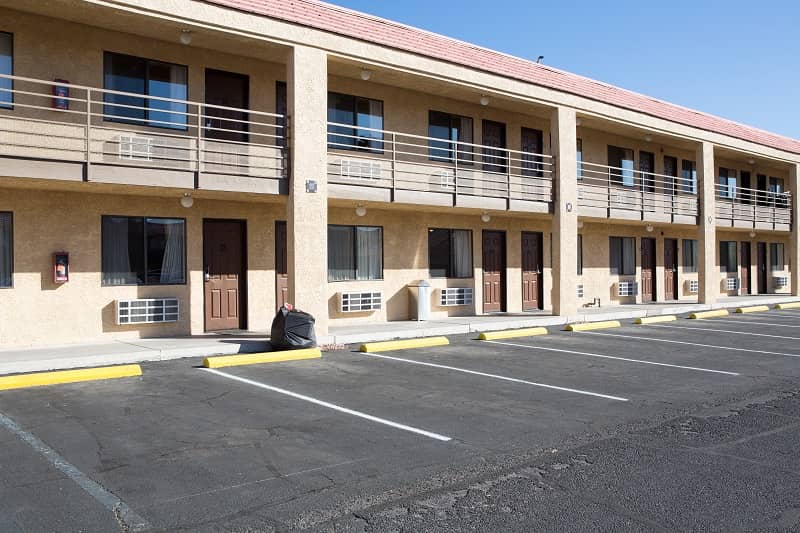February 6, 2014
Testimony Against SB 1538 before the Oregon Senate Education and Workforce Development Committee
By Steve Buckstein
Chair Hass and members of the committee, my name is Steve Buckstein. I’m the Senior Policy Analyst and founder of Cascade Policy Institute, a Portland-based free-market think tank.
I’m here to ask you to reject SB 1538.
Chair Hass, the committee just approved SB 1525, which would make it easier for Oregon college students to take online courses from institutions outside the state of Oregon. You noted how fascinating it was that the proposal would break down borders standing in the way of Oregonians having more higher education learning opportunities. That seems non-controversial, and clearly a good thing.
Unfortunately, if you approve the bill we’re discussing now, SB 1538, you’ll be doing the exact opposite. You’ll be building up borders that will stand between Oregon’s Kindergarten through 12th grade students and new public charter school options that might offer the very educational opportunities they want and need.
A few years ago I was watching a Portland Public Schools board meeting where several charter applicants were making their cases to the board. One group wanted to start a school with, what I recall, was a particular arts focus. They’d jumped through all the hoops required of a charter applicant, but when the board members began commenting it became clear that the applicants stood no chance of approval.
One board member looked at the applicants, and at the audience, and stated, “We already have one of those.” She went on to explain that the district already had a school with a similar curriculum focus, implying that obviously they therefore didn’t need any more such schools. One was enough.
SB 1538, brought to you by the current Portland Public School Board, would make it even easier for Portland and other districts to write off competent, innovative charter applicants by simply stating that their proposed schools wouldn’t advance one or more educational goals that the board had identified.
Back when I was about to graduate from a Portland elementary school, I considered attending Benson Polytechnic High School. It was the one Portland public school with an emphasis on technical education, and it seemed to always have a waiting list to get in. I wondered then why the district never opened another Benson type school to meet the obvious need.
Why was “We already have one of those” the mindset then, and why is it the mindset still?
I now believe it’s because board members and administrators don’t have to be concerned about the needs of most students, because most students and their parents don’t have the means to exercise other options, such as moving near a school that better meets their needs, or paying taxes for the public school system and tuition for a private school at the same time.
If SB 1538 becomes law, this mindset of “We already have one of those” could easily morph into “We don’t need even one of those.”
This bill would stifle innovation, and stifle opportunities for students currently “captured”* by their local public schools to find any way out…to find a better fit for their educational needs.
I hope you reject it.
SB 1538 was approved on a 4 to 1 vote in the Committee and will go to the Senate floor for a vote.
Archived audio of the entire February 6, 2014 hearing is here, beginning with the hearing on SB 1525. Senator Hass’s comment about breaking down borders beginning at 08:19 into that hearing. The hearing on SB 1538 begins at 17:20, with public testimony for and against the bill. My oral testimony begins at 51:04.
* Public school districts often try to maintain or increase the percentage of eligible students living within each school’s particular geographic boundaries. This percentage is openly referred to by district officials as the “capture rate.” Anything that could reduce the capture rate of a given district school, such as creation of a new charter school, is seen by those officials as a potential threat to their capture rate goals.











